Diabetic Eye Disease: Building Capacity To Prevent Blindness
Understand the diabetes challenge and how health professionals can work with people with diabetes to prevent blindness. Learn the key facts about diabetic eye disease and its management, and how health teams and people with diabetes can work together to reduce the risk of vision loss and blindness.
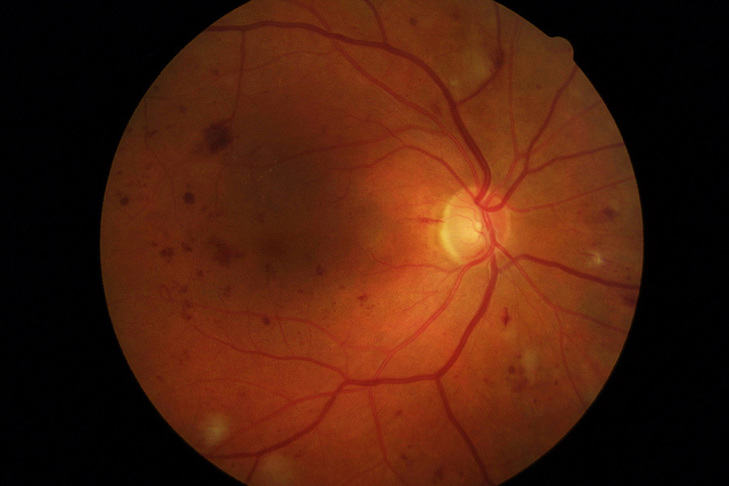
Week 1: The challenge of diabetic eye disease
Click to see week 1 content
Welcome to the course

An introduction to the main course objectives and a chance to think about how you learn. There is also an opportunity to introduce yourself and meet fellow learners for the first time.
Introducing diabetes
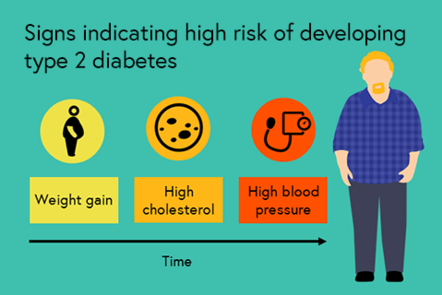 Introducing diabetes, its causes and classification. Understand the the global burden of diabetes and its impact on individuals and health systems.
Introducing diabetes, its causes and classification. Understand the the global burden of diabetes and its impact on individuals and health systems.
Diabetes and the eye
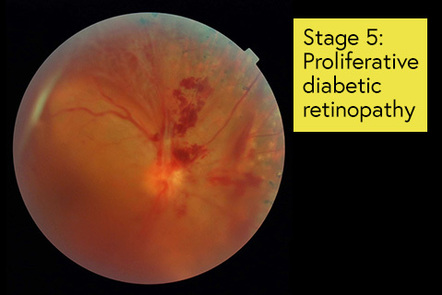 How does diabetes affect the eyes and how can risk factors for this disease impact vision? Learn to recognise the different grades of vision threathening diabetic retinopathy.
How does diabetes affect the eyes and how can risk factors for this disease impact vision? Learn to recognise the different grades of vision threathening diabetic retinopathy.
The challenge of diabetic retinopathy
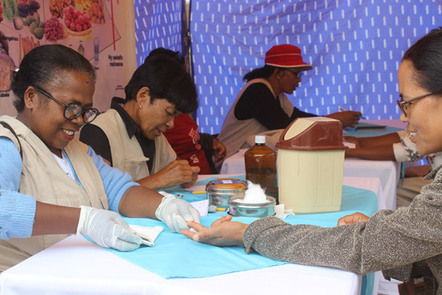 Why a public health approach is essential, to prevent visual impairment from diabetic eye disease and support the clinical management pathways for diabetes in the health system
Why a public health approach is essential, to prevent visual impairment from diabetic eye disease and support the clinical management pathways for diabetes in the health system
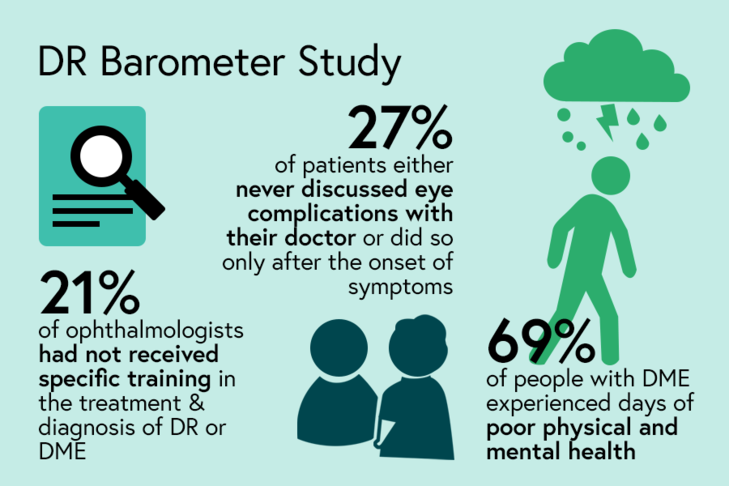
Week 2 : Early detection: What is screening for diabetic eye disease?
Click to see week 2 content
Screening as a public health approach

The principles of screening and how it’s used in practice to prevent vision loss from diabetic retinopathy. Recognise the challenges people with diabetes face in managing this disease and its eye complications
Selecting the right screening test
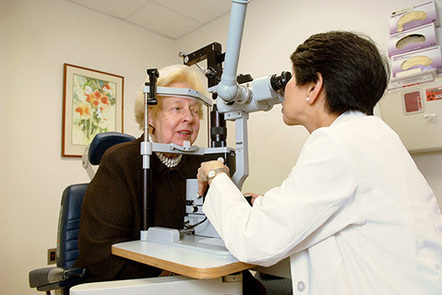
Discover the key characteristics shared by good diabetic retinopathy screening programmes. Learn how to identify the right screening test and interval for early detection of sight threatening diabetic retinopathy
Access to and acceptance of screening

People with diabetes face many challenges in accessing and accepting the need for diabetic retinopathy screening. Explore how health workers can empower them to adhere to screening over the long term.
Planning services for diabetic eye disease
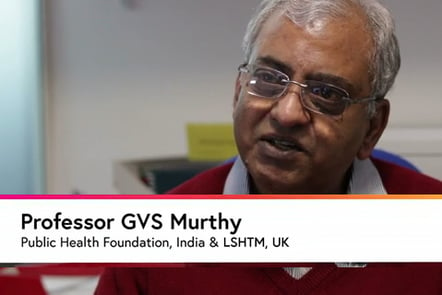
Consider the findings of a situation analysis of the India DR programme. Take the first steps in planning a diabetic eye disease service for Ormo district by evaluating its 6 health system blocks and setting specific priorities.
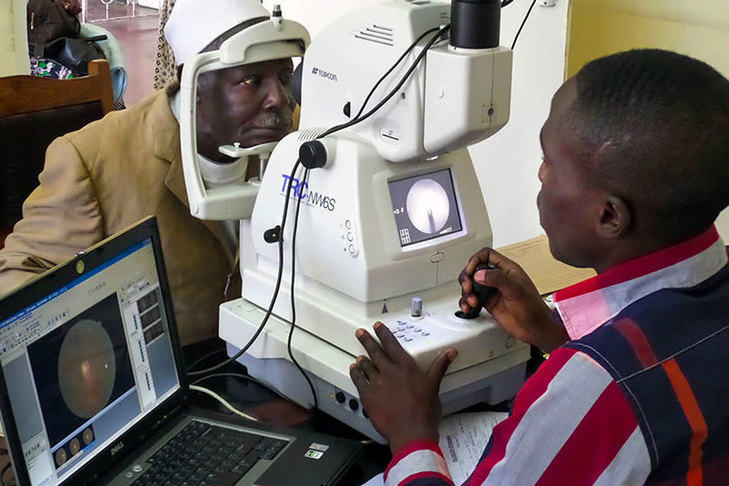
Week 3 : How do we carry out diabetic retinopathy screening?
Click to see week 3 content
Building partnerships and pathways
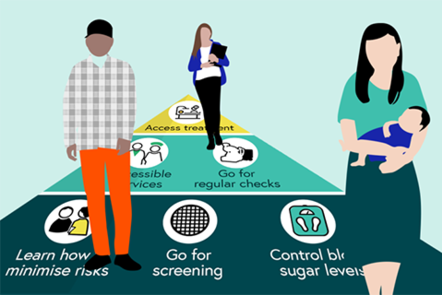
Discover the partnerships between health services that are essential to support each person with diabetes and coordinate their long-term diabetes eye care needs.
Creating a team approach to screening and grading
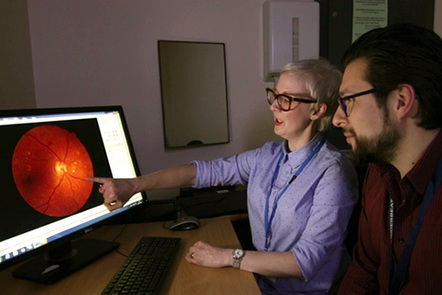 Screening and grading need to be highly organised and managed by trained personnel. In this activity, learn how a team approach and local practical protocols are used to guide this complex process.
Screening and grading need to be highly organised and managed by trained personnel. In this activity, learn how a team approach and local practical protocols are used to guide this complex process.
Setting priorities and monitoring implementation

Learn how screening services monitor activities to ensure they are carrying out the planned activities and reaching the people they are meant to.
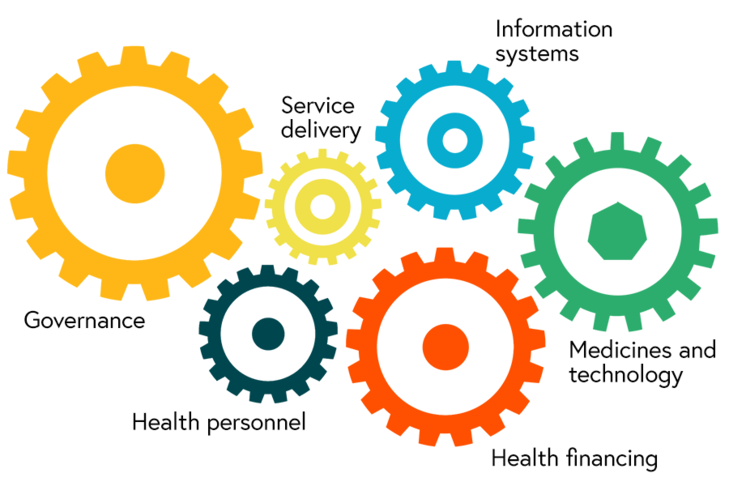
Week 4 : Treating diabetic eye disease
Click to see week 4 contents
Health systems and treatment decisions
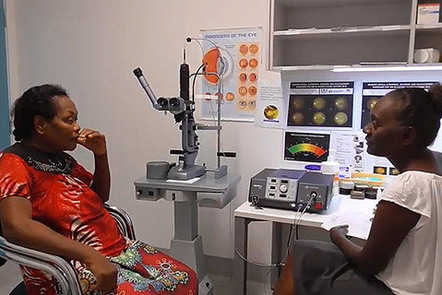
Providing treatment for diabetic eye disease is highly resource dependent. How can treatment decisions be aligned with what is available within a health system and for the best outcome?
Managing treatment options
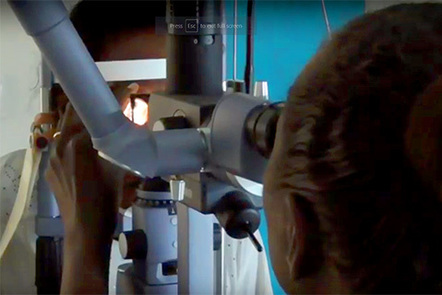
Protocols for treatment options are based on the presenting diabetic eye disease and need to involve the patient to accept the long term care and outcomes.
Ask the experts
 Your chance to question our global panel of experts about the challenge of anti-VEGF treatment and its place in low resource health system, and – more generally – about the treatment options for diabetic eye disease
Your chance to question our global panel of experts about the challenge of anti-VEGF treatment and its place in low resource health system, and – more generally – about the treatment options for diabetic eye disease
Models of treatment services
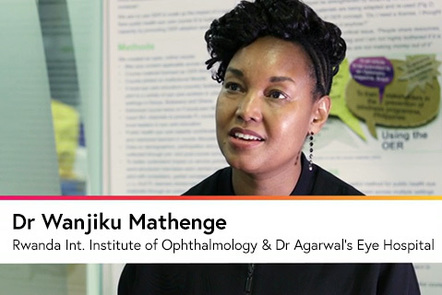
Low resource settings have an urgent need to develop locally relevant models of care and efficiently use the available resources to prevent diabetes related blindness
Course summary
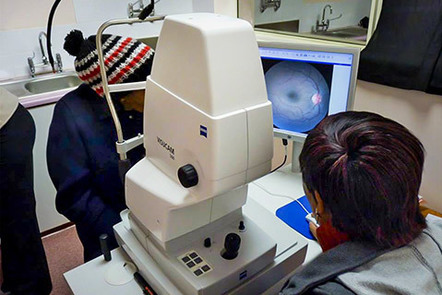
Reflect on the topics covered in the course and some possible applications of what you have learned.
Join this Course on Future Learn
On Demand and CPD Accredited available now – Sign up now through LSHTM OpenStudy
